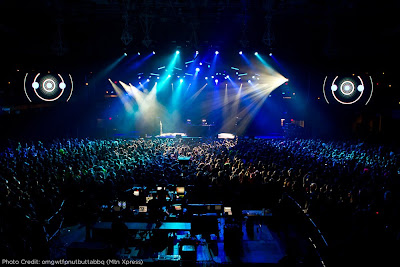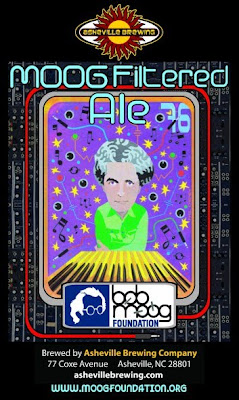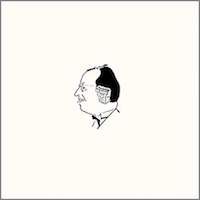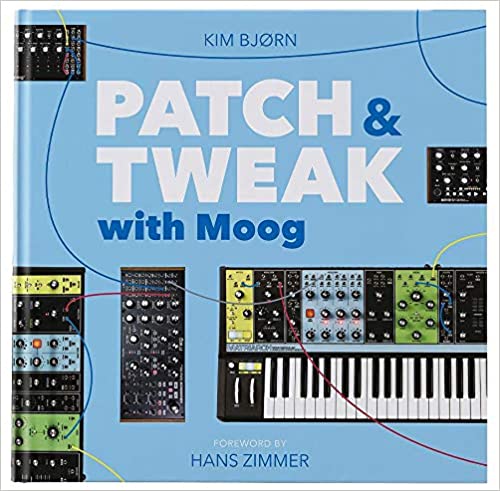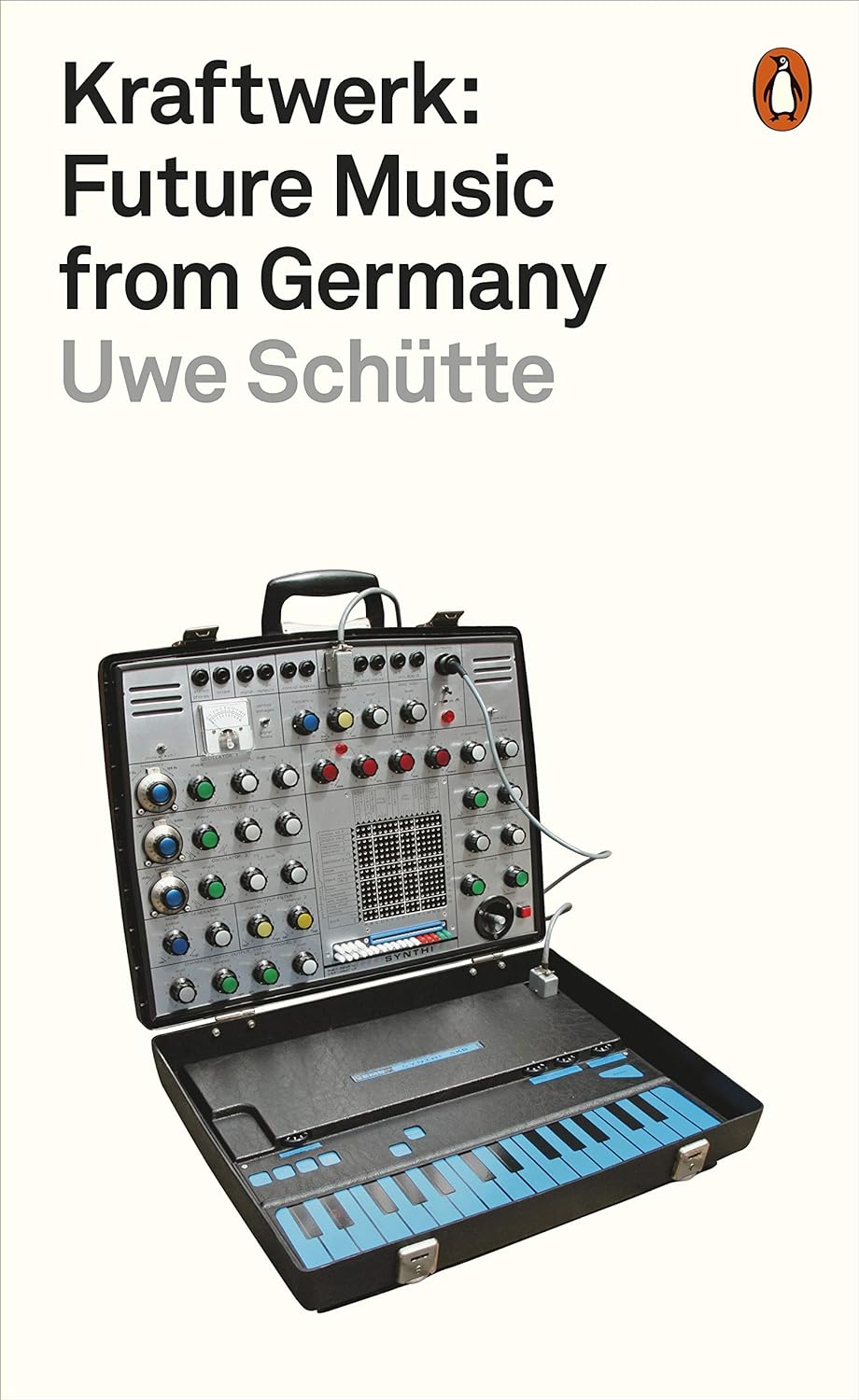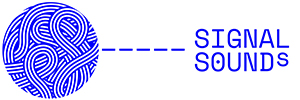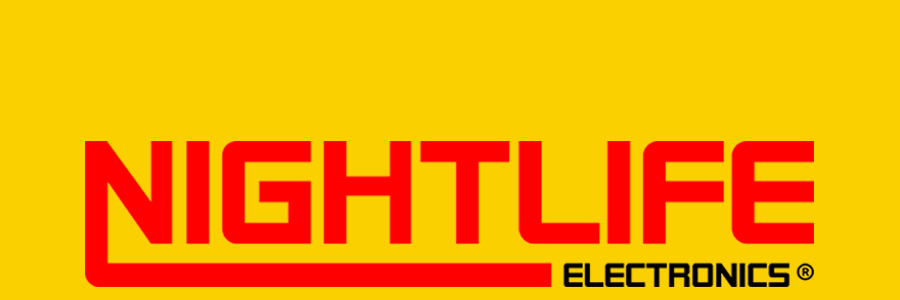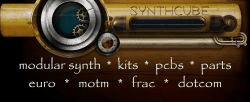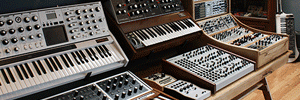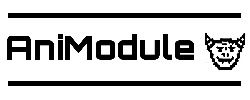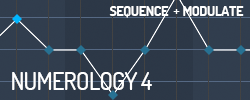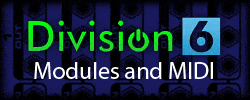via
Mountain Xpress where you'll find the full article (you'll find my notes at the bottom of this post):
"A move to ship Bob Moog's archives from Asheville to New York is creating family discord over the best way to preserve the late inventor's legacy.
An electronic music titan, Bob Moog founded Moog Music, the world's leading manufacturer of analog synthesizers. His widow, Ileana Grams-Moog, announced July 18 that she's planning to donate his personal archive of notes, plans, drawings and recordings to the Cornell University Library's Division of Rare and Manuscript Collections in Ithaca, N.Y.
'It was Bob‘s wish that his archives be preserved and made accessible to other scientists, inventors, engineers and innovators,' Asheville resident Grams-Moog said in a press release. 'The Cornell Library makes its extensive rare collections accessible to students and scholars all over the world.'
Noting that Moog earned his Ph.D. in engineering physics from Cornell in 1965, she added: 'It has been eight years since my husband’s death and I am happy that my gift to Cornell will finally make this rich collection available. Bob would be pleased to know his life’s work is finally being properly preserved and made available to current and future generations to advance upon his work.'
However, Grams-Moog makes no mention of the Bob Moog Foundation in her announcement, which has overseen the preservation of those archives for the last seven years in Asheville, where Moog lived from 1979 until his death in 2005. The foundation is a nonprofit organization run by Michelle Moog-Koussa, the inventor's daughter, who says that she and other family members are surprised and disappointed by the decision to ship the archives out of town..."
...
"Upon hearing of Grams-Moog's intentions to move the archives out of town, Moog-Koussa says the foundation is now 'considering our options.'
She adds: "No matter what happens, the Bob Moog Foundation will continue to carry on Bob Moog's legacy, and that his legacy is alive and well in our educational projects, which are thriving in this area.'"
----
My notes:
What is your opinion on this? Personally, the number one priority in my opinion is keeping the documents safe. I think they would be safe at either Cornell or
The Bob Moog Foundation, so that imo is not an issue. The issue then is where would they be of the most value to the community and how do you define that? Exposure to the public or access to researchers? I don't see Cornell being as pro-active in spreading the works of Bob Moog as
The Bob Moog Foundation. I think the archives may be safe in Cornell but my fear is that they will be all but forgotten aside from those that take the time to research them and then share that research with us. In other words, they will essentially disappear into the ether, unless someone makes the effort otherwise. The BMF was doing that. With the Bob Moog Foundation, his research would be at the forefront and present in everything they do. Your opinion? Click on the comments link below. Note although it currently reads 0, Facebook comments are there. Blogger only counts blogger comments in the count. It might take a sec for the Facebook comments to load after clicking the link.
Update: The following is the official press release on the move. I received it from Moog Music and Hummingbird Media a separate press outlet:
"Bob Moog's Archives Donated To World-Class Facility at Cornell University
Inventor’s Alma Mater to Receive Rich Collection
Yesterday Cornell University announced the archives of Dr. Robert A. Moog have found a home at their Sidney Cox Library of Music & Dance, thanks to a generous donation from his widow, Dr. Ileana Grams-Moog.
Dr. Robert A. Moog is the founder of Moog Music, the world’s leading manufacturer of analog synthesizers, and the inventor of the legendary Moog synthesizer. He received his Ph.D. from Cornell in engineering physics in 1965 and was a longtime resident of Trumansburg, N.Y. His personal archive of notes, plans, drawings, recordings and more will be housed in the Library’s
Division of Rare and Manuscript Collections.
“It was Bob‘s wish that his archives be preserved and made accessible to other scientists, inventors, engineers and innovators,” Grams-Moog said. “It has been eight years since my husband’s death and I am happy that my gift to Cornell will finally make this rich collection available. Bob would be pleased to know his life’s work is finally being properly preserved so that current and future generations may advance upon his work.”
Cornell has flourished as a center for research in music since the
Sidney Cox Library of Music & Dance was founded in 1929, and its extensive holdings include a special focus on historical keyboard instruments. It collects heavily in 20th- and 21st-century music of Europe and the United States, including electronic music and music by Cornell composition alumnae.
“We’re thrilled to welcome this donation to Cornell, and we look forward to welcoming researchers from all over the world who hope to learn more about Dr. Moog’s life and work, ” said Anne R. Kenney, Carl A. Kroch University Librarian. “We pride ourselves on not only preserving valuable historical knowledge, but providing access to one-of-a-kind, original materials to as many people as possible.”
Dr. Grams-Moog continued, “Cornell is a 150-year-old institution with a long history of stewardship and dissemination of rare and valuable collections for education and research. Donating Bob’s archives to the university is the best opportunity to preserve and protect them so they will finally be accessible to students and scholars worldwide. In addition, they will be available to future generations long after we’re all gone.”
About Cornell University Library
Cornell University Library’s rich collections, expert librarians, responsive services and welcoming spaces inspire and nourish scholarship and learning throughout the university. Its world-class collection — nearly 8 million print volumes, nearly a million e-books and 5 million journal article downloads per year — covers incredibly diverse fields. The
Sidney Cox Library of Music & Dance provides extensive holdings of printed materials and recordings to support the study of music."
--------------------
Update2: Michelle Moog-Koussa of
The Bob Moog Foundation issues statement:
"Dear Friend,
The Bob Moog Foundation takes seriously its role as the only non-profit organization dedicated to preserving, protecting and promoting my father’s work for future generations. In was in this capacity that the Foundation made significant investments over the past seven years to rescue the majority of my father’s archives, and to protect and preserve them to prevent further deterioration from occurring.
Our efforts have included re-housing the collection in archival quality storage materials, securing climate controlled storage, cataloging thousands of items, cleaning and restoring a breadth of materials including almost 100 reel-to-reel tapes in the collection, and most recently securing state-of-the-art archival storage and processing facilities where researchers from around the world could acess the archives.
We have also worked to share the archives through many exhibits from California to our local region, exposing tens of thousands of people to the unique information and insights that the archives contain.
We did this based on a verbal understanding that these documents would eventually be donated to the Foundation.
Yesterday, an annoucement was made that Cornell University will be receiving Bob's archives. The announcement was made by Bob's widow, Ileana Grams-Moog, with whom we have been working closely for the past seven years, up until as recently as February 18, 2013.
The decision to abandon a pending agreement, which ignores the Foundation’s stewardship of my father’s archives, and move them out of Western North Carolina is disappointing and, we believe, not in keeping with my father’s intent. Asheville was my father’s home for 25 years and, in the end, his spiritual home. It is important that his archives remain in Asheville and that they are administered by the Bob Moog Foundation, where they can be considered within a wide musical and technological context and where they will benefit from being interpreted by the unified network of experts that surround the Foundation’s work.
The Moog Family is saddened and surprised not to be part of the discussion to move our father’s archives away from the organization where they would receive the most well-rounded care, and away from the area where the Bob Moog Foundation, Moog Music, and Moogfest are located.
Over the years, you have been witness to all of the dedicated work we have done for the archives. Many of you have visited our exhibits and complimented our efforts. At this time, we ask that you support us on Facebook and other outlets by reposting and commenting in ways that are reflective of our work.
With or without Bob's archives, the Bob Moog Foundation Archives remains a robust collection of historic materials that we have obtained, or that have been donated to us. We remain a repsitory of materials that represent the evolution of electronic music history. We are excited to be sharing some of the incredible material that we have obtained with you over the coming months. Please keep your eyes open for that.
I may be reaching out soon with other ways that you can help. Until then, I remain
Devotedly yours,
Michelle
Michelle Moog-Koussa
Executive Director
Bob Moog Foundation
P.S. Should you have any concerns about this topic, please be in touch at info@moogfoundation.org."
Update3 (also posted here):
Online Petition to Keep Bob Moog's Archives in Asheville with the BMF
You'll find the
petition here.
The petition was setup up via Michael Koehler who sent in the following:
"I am not involved with the BMF, but am friends with Michelle. She knows that I am doing this.
I am very passionate about it because I was fortunate to knew Bob for a short while and know that he would not want things to go the way that they are going right now. I am not trying discredit Cornell or say anything bad about them. They are a fine institution. I am just trying to help them see what moving the archives would mean.
There is so much more to this material. It is not simply 'Bob's stuff'. In Bob's work, he always included colleagues and musicians in the development of his works. If we send these notes off to some storage facility where only scholars can reference them, most of this is lost. The BMF is connected with many of the musicians that worked with Bob. They have the ability to connect the information that Bob wrote down from the engineering standpoint and re-connect it with the musicians that worked with Bob to create it. I have witnessed this first hand. I am telling you, this type of documentation and interpretation would be impossible with the items at Cornell. Think of all of the nuggets that have come out of the BMF. Stories, video clips, etc. Remember all of those insights? It is almost as if Bob were still here. Cornell will most definitely have a totally different output. It will be much more sterilized and scholastic.
I saw first hand the work that Michelle and her team have done. There were literally rooms of material laying in in total disarray. One piece of gear that was salvaged by her team was the very last minimoog made from the original factory. The synth was barely salvageable at the time. That was in 2006. Had it laid there, out in the shed, exposed to the elements, do you think it would even be salvageable today? And, even if it were, do you honestly believe that Cornell would even restore it? In the list of items, it most likely would not be on the top of the list. But the reason that this synth was so iconic to save was that back in the day, Bob had the fore-site to know that something like this should be preserved. Remember, this was at a time when you couldn't give analog synths away! Bob was like that, he knew to save things not for himself or his own legacy, but because some day, these things will be important to someone.
Another example, the BMF has restored 100 recordings. I have heard some of these. Amongst them is a recording where Bob sent a minimoog prototype to Sun Ra to play with and asked Sun Ra to let him know what he thought of the synth. Sun Ra used it in a performance the night that they received it. They did not have a user manual or any instructions, they just went with it. Sun Ra recorded this performance and sent the tape to Bob. This was the first recording of the minimoog and it was also an iconic recording of a concert as well. I can tell you that if this recording goes to Cornell, no one will be able to hear it. The licensing rights will never be able to be cleared by them for public consumption. No way a record label will give that away easily. Way too broad of a license. Where as the BMF would be allowed to play these recording during their exhibits and seminars because they would be able to keep custody of the recording preventing broad public dissemination.
I could go on, but I have probably typed your eyes out! :)"
You'll find the
petition here.
Update4:
BMF Board President Bryan Bell Responds to Ileana Grams-Moog
"On July 26th, Ileana Grams-Moog issued an online statement regarding her decision to transfer Bob's archives to Cornell University. After much consideration, President of the BMF Board of Directors, Bryan Bell, has decided to issue an open letter to address the misinformation in that statement.
An Open Letter from Bryan Bell, President of the Board of Directors, The Bob Moog Foundation
The past three weeks have been hard ones for the children of Bob Moog and the staff, board, and friends of the Bob Moog Foundation (BMF). As President of the BMF Board of Directors, I am profoundly disappointed in Dr. Ileana Grams-Moog’s decision to withdraw her support for the BMF, a not-for-profit organization devoted to perpetuating Bob’s love of music and innovation, the manner in which she chose to do it, and her exclusion of key facts.
I knew Bob well. We were colleagues and friends for more than 30 years. During that time, we collaborated on projects and solved problems that changed the way music is made. I serve on the BMF board because it is the truest representation of Bob’s legacy. That is why I also know how sad it would make him to see what is happening in his name, and why we should all be asking Ileana a few questions.
What’s behind the sudden decision to take the archives away from the BMF?
On Feb. 14, 2013, after 18 months of personally and directly negotiating with Ileana, we agreed upon the BMF’s temporary custody of the archives and management of Bob’s Rights of Publicity (his name, image, signature, and voice). This was the first step towards a much larger agreement between us. In the words of the interim agreement, we were working “together in good faith to define and execute a mutually satisfactory [larger] Agreement as rapidly as possible,” or so I thought.
Suddenly, on February 25, Ileana notified me that she would not sign the interim agreement, based on information she had received from Moog Music President Mike Adams. (Note: Mr. Adams was a BMF board member at the time these discussions took place.) The BMF quickly addressed Ileana’s concerns in writing, concerns that she never voiced to me as the BMF board president and concerns that were later proven to have no basis in fact.
Why was there no consultation with Bob’s children about the future of their father’s archives and his Rights of Publicity?
What about money?
We all agree that Bob’s legacy is priceless, but his share of Moog Music and his Rights of Publicity have price tags. Because Ileana has chosen to publically disclose the BMF’s offer to purchase the archives, I challenge her to disclose the detailed terms, both financially and legally, of her sale of Bob’s share of Moog Music and her sale of Bob’s Rights of Publicity to Mike Adams.
Was there a financial contribution to Cornell from Moog Music regarding the archives? Will Moog Music, for example, have access to the Cornell Archives for their commercial purposes? Will the Bob Moog Foundation and Bob’s children have access to the archives for their own use?
Has The BMF been a good steward of Bob’s archives?
The answer is an unequivocal YES. For seven years The BMF has consistently acted in the best interest of Bob's legacy, rescuing his archives from moisture, dirt and mildew; storing the archives in secure climate controlled storage; entering into a lease with the N.C. Department of Cultural Resources to secure state-of-the-art archival facilities in Western N.C.; and making the difficult but prudent decision to defer a capital campaign to fund building of the Moogseum.
Ileana has said that her decision to move the archives was based, in part, on the fact that construction has not started on The Moogseum, the eventual Asheville home for Bob’s archives. At no time did she ever communicate that requirement to the BMF Board or me. Furthermore, during her tenure as president of the BMF Board, Ileana personally oversaw the decision to postpone the Moogseum’s capital campaign until the economy recovered from the nation’s worst financial crisis since the Great Depression. The economy aside, great museums take a long time to build. The Rock and Roll Hall of Fame, for example, took 16 years to plan before breaking ground.
The BMF’s leadership, board and staff have intentionally stayed above the fray, and we encourage our supporters to do the same. Ileana’s decision to move the archives, which was announced in a press release written and distributed by Moog Music’s public relations firm and posted on Moog Music’s website, has unleashed negative comments, many of which raise questions about the role Mike Adams and Moog Music played in Ileana’s sudden change of heart. The BMF has chosen to take the high road, and we will continue to do so, despite many inaccurate comments from Ileana and Mike Adams. That’s what Bob would expect of us. But Ileana’s decision and its timing, the wording of the announcement and the secrecy surrounding its release raise troubling questions about whose interests are really being served by Ileana’s actions.
As for The BMF, we will continue to do what we do best – inspiring and igniting creativity through historic preservation of the Bob Moog Foundation Archives and creating programs like Dr. Bob’s SoundSchool, that introduce children to the power of music, science, and innovation. Nothing would have made Bob happier or prouder.
(Trademarks referred to in this letter are the property of their respective owners)
Sincerely,
Bryan Bell, President
Bob Moog Foundation Board of Directors
Bryan Bell is President and Founder of Synth-Bank Consulting, LLC (Synth-Bank®) a technology practice focusing on using technology to enhance business and creative processes. Bryan spent 20 years consulting and pioneering technology innovation for high-profile corporations and entertainers, including Apple, Domain Chandon, NBC, GEIS, Herbie Hancock, Carlos Santana, Neil Young, Branford Marsalis and INXS. He has served continuously for over 20 years on the board of directors of The Bridge School. Bryan holds a DIS from Harvard University’s Graduate School of Business Administration and has been a speaker at conferences around the world. Bryan Bell’s latest music production project, “Duality”, by Nestler and Hawtin was recently released on iTunes."










